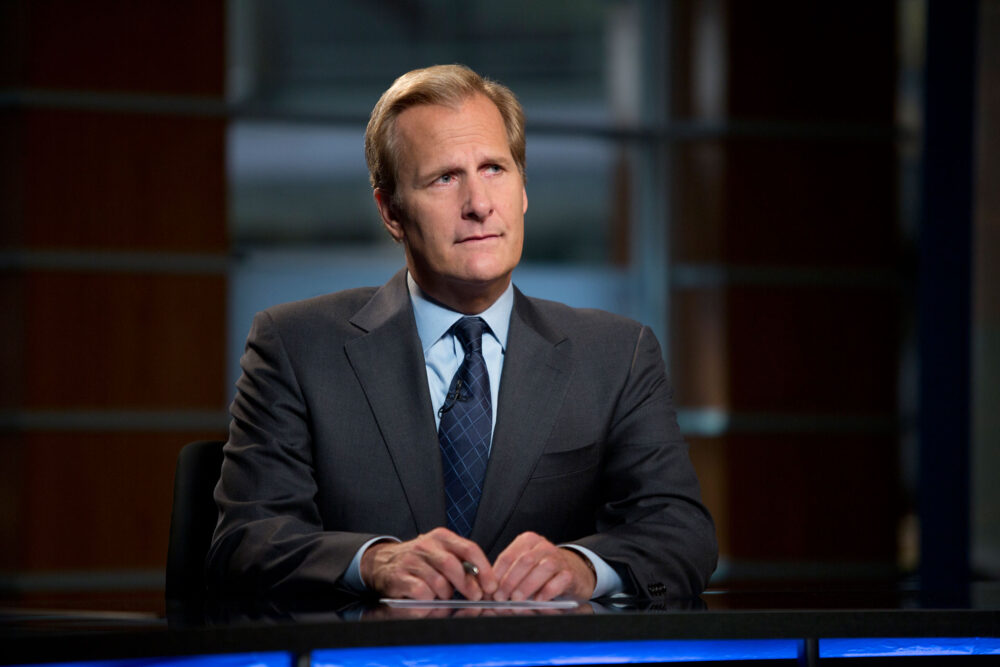Piano projection

My sister sometimes tells a story about sitting down to a General Studies exam and facing a question about how pianos work. ‘How am I supposed to know?’, she wondered, despite having had piano lessons.
This was in my mind as I read this fascinating FT article by Rhodri Marsden about a UK-based piano manufacturer. The pianos pictured in the article couldn’t be further from my personal taste, but never before had I thought about issues like the sound projection versus string tension:
Pianos are generally built to project sound rather forcefully (I’ve played a Steinway on the Barbican stage but it’s very different from what you want in a home piano), and that’s an issue Edelweiss has tackled head-on. “Concert grands in particular have high-tension strings and a very stiff, rigid soundboard, so the whole thing roars,” says Norman. “And of course that can give you a buzz when you’re playing, but if you aren’t a die-hard pianist you don’t really want that in your home, with the sound overpowering the room. You want something that’s beautiful to listen to. I don’t know any other manufacturer with this approach.”
The Sonos speakers we have dotted around the house have a function that ‘tunes’ them to the space, and yet I’ve never before considered that different environments might warrant different piano constructions. Marsden’s article shone a light on a world I didn’t know existed.
General Studies was apparently discontinued as an exam subject in 2020, so sadly no more will teenagers be stumped by questions about piano mechanisms… and nor, like me, will they have to bluff their way through essays on the Elgin marbles, Dadaism or the International Monetary Fund. It seems a shame, really: when I try to recall sitting my A-Levels, it’s the General Studies papers that come most prominently to mind, precisely because they were so unpredictable. But I suppose times change.
This post was filed under: Art, Music, Financial Times, Rhodri Marsden.





